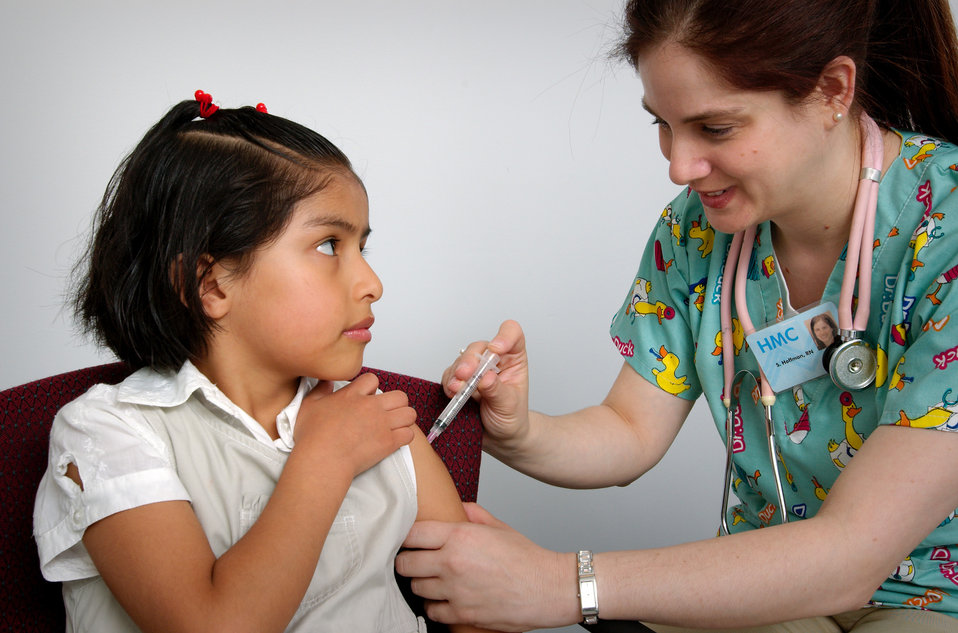There has been a massive increase in measles, mumps and rubella (MMR) cases lately, while these diseases were eradicated in 2000 in Europe and the United States. Countries such as Italy, France and the US have all had recent measles outbreaks. What exactly is MMR, why is it happening and how can you stay protected?
Causes of the outbreak
Measles, mumps and rubella (MMR) are 3 infectious illnesses that can have serious complications including deafness, meningitis and infertility. In rare cases, they can even lead to death.
One of the causes of MMR is globalization. Measles outbreaks start when a traveler picks up the virus in a region where measles is still common (or where people are not vaccinated) and brings it back to an unvaccinated community. For example, in New York, the current outbreak originally came from travelers that visited Israel. The travelers returned back to the US and spread the disease among unvaccinated communities in the city.
Measles, mumps and rubella are very contagious. In fact, measles is more contagious than Ebola. So, even if you are travelling to a country where you don’t expect to get them, it’s advisable to get you and your children vaccinated with the MMR vaccine.
The third cause of the MMR outbreak is that not everyone wants to get themselves or their children vaccinated. Although the measles vaccine was developed in 1963, it wasn’t until 1989 that a two-dose vaccine was recommended. This new policy made parents very skeptical. Therefore, there are also many people that only received one dose or failed to receive a second dose.
Children
Children are more vulnerable to MMR than adults. A child can be contagious 4 days before the rash breaks out, so they can be in touch with the virus without knowing it. To prevent contracting MMR, they will need two doses of the vaccine starting between the age of 12 to 15 months.
Other ways to prevent the spread of measles include:
- Keep your child home from school for 4 days after the rash appears
- Check with your child’s friends and caregivers to make sure they have been vaccinated
Adults
Adults that are not immune because they have missed one or both doses when they were younger or because of changes in the vaccine can get the MMR vaccine at any age.
People in these age groups should check if they were vaccinated
Because the vaccine was developed throughout the years, there are some adults who didn’t receive both doses. These people should make sure they are vaccinated:
- People born between 1970 and 1979: probably only got one dose of the measles vaccine
- People born between 1980 and 1990: may have not received the mumps vaccine
If you are not sure if you had both doses in the past, follow these steps:
- Look for the documentation of the vaccines that you had in the past
- If unclear, visit your doctor
- Keep an eye on global health news
